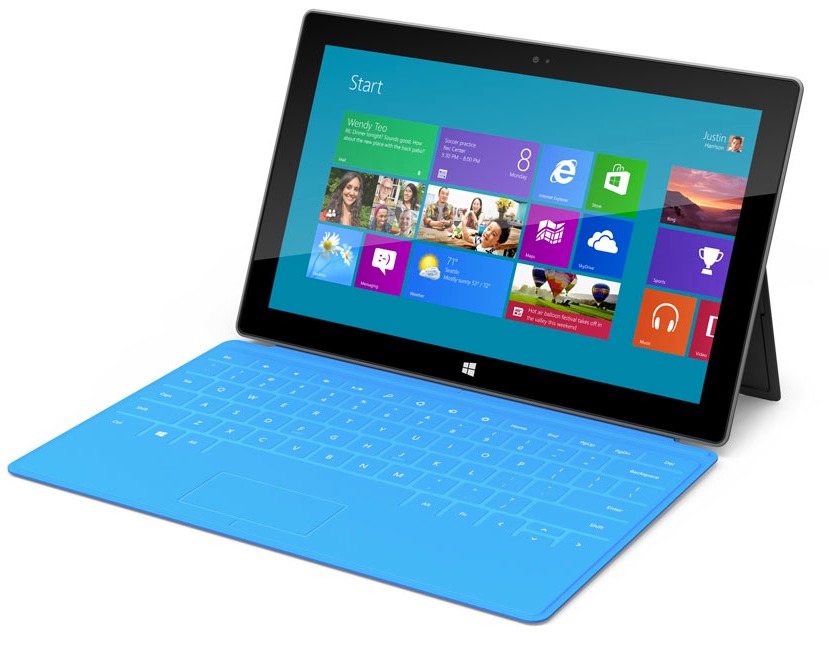Brent Simmons writing for Macworld:
One of the guys who works on Windows Azure Mobile Services gave me a demo of its support for iOS.
What? Microsoft supporting iOS? What? That isn’t the Microsoft (I thought) I knew.
Once I got over the shock, I expected that I’d have to write code in C# (a Microsoft language), that services would run behind IIS (a Microsoft webserver), and that I’d have to use Visual Studio (a Microsoft developer tool) on Windows, which I don’t have. That would be typical Microsoft, right?
Instead: The code is JavaScript, the webserver is Node.js, and I can write code in any text editor. No Microsoft things. The company even released some related code as open source and put it on GitHub.
(Microsoft? Hello, are you feeling okay?)
In other words, Microsoft noticed the world outside Redmond, and it likes it.
And I like them for liking it. And it doesn’t even hurt.
What I see is Microsoft being scared shitless that they are losing developer minds, that there are now thriving ecosystems that Microsoft does not control and their own attempts of building new fortresses is going nowhere slow. So now they are willing to bend over backwards to look good again. See also all the marketing around IE10 targeted to developers.
I like to see Microsoft doing this, but I don’t view it as “look we are the good ones now”, but as a “look how scared we are”. They have to prove they are actually also good at the new services they offer. We’ll see.
Via Daring Fireball
 I admire Gates’ approach to phillatrophy, I disagree with his (and Microsoft’s) view, that
I admire Gates’ approach to phillatrophy, I disagree with his (and Microsoft’s) view, that